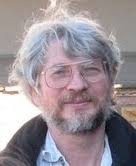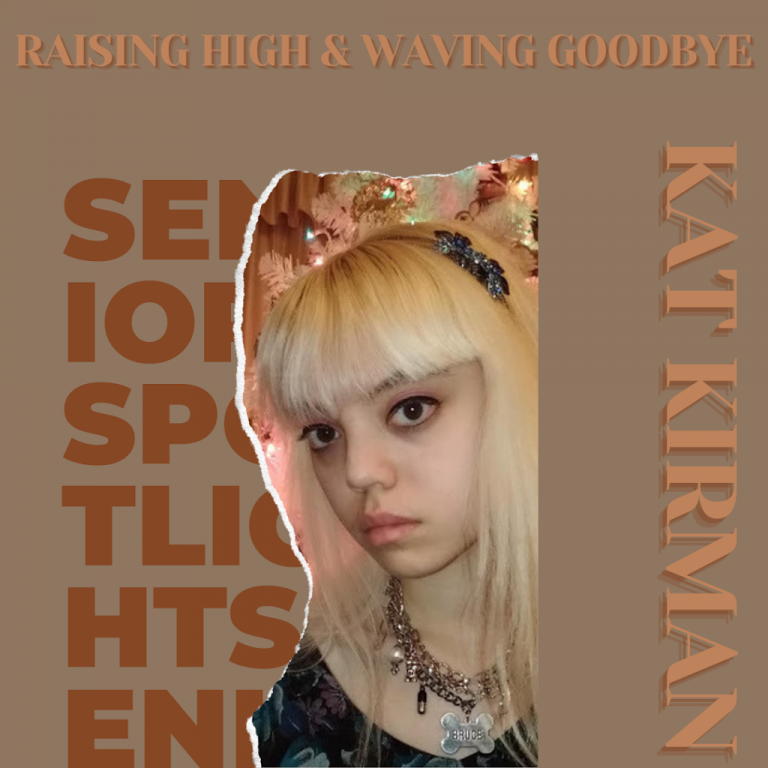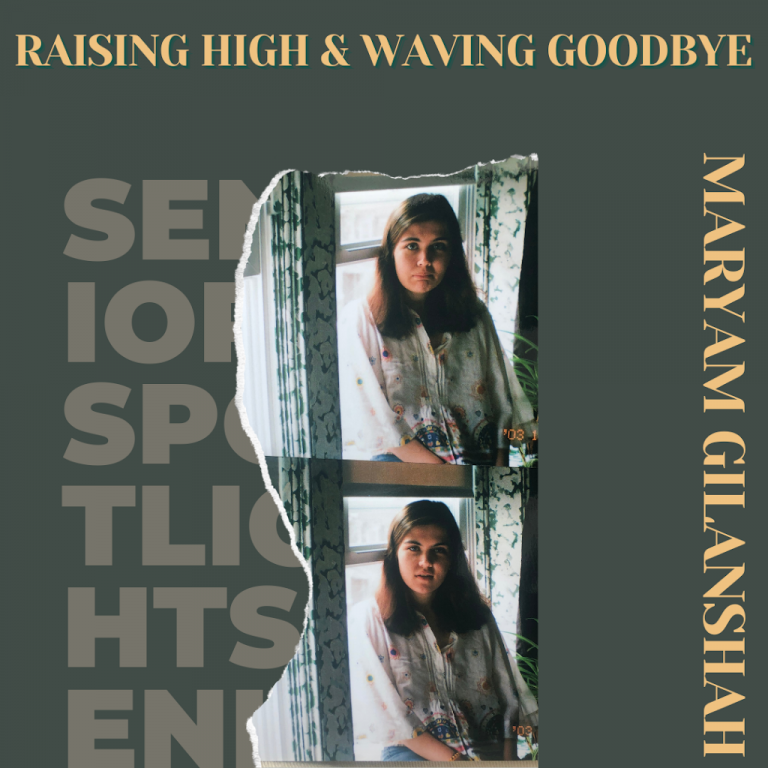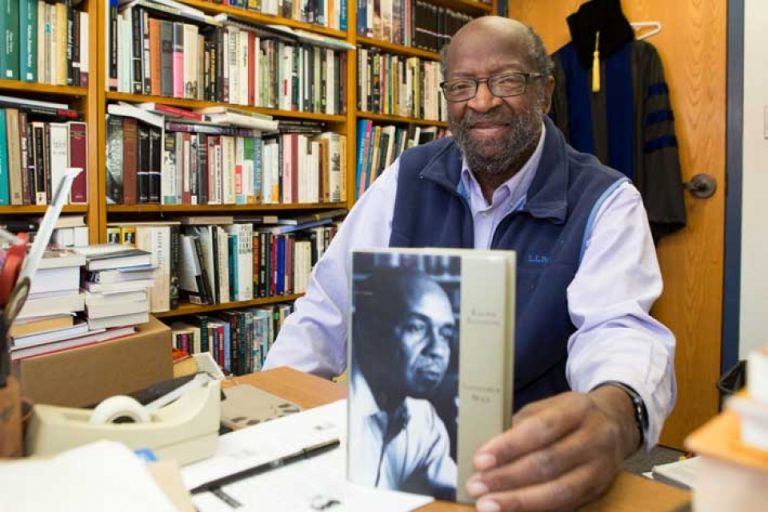MS: This conference is one of your many activities now that you’re chair of the English department at Gallaudet. Are there ways in which running an academic unit at Gallaudet is significantly different from that job at other universities?
JN: I think for the most part we operate like any other university, although we have a bilingual focus. We do ASL and English both. We operate via two languages and modalities as a Department and as teachers. We have more of a focus on the visual and cultural Deaf aspects of departmental life and teaching, such as conducting classes and meetings in a circular setup as opposed to row seating.
We are used to dealing with various languages across the spectrum, such as ASL versus more English-ified sign language or print English. We sign ASL, and we write in English for the most part, though we do have creative writers in the department and our classes who play with English by writing in a more ASL-like register.
I think the Deaf community is more used to language play and bilingual issues than most, and as a Department we are the same way. I think we are very culturally and linguistically sensitive and flexible, and perhaps not quite so stuck on one way or one language or one mode of expressing ideas.
MS: In what ways did your years as an English major at GW prepare you for grad school, and then for your position at Gallaudet? Were there particular professors here who helped set you on your path?
JN: I took a graduate class in theory (Margaret Soltan’s) when I was a junior–yes, you actually let me into the class, and it was quite the fascinating eye opener. That was quite the introduction to literary theory and it set me up well for graduate life at UC Berkeley two years later. I also got Departmental English Honors via Gail Paster’s Honors Proseminar, and these two things and people are what influenced me to go on to graduate school in English and eventual professorhood.
Dr. Paster in particular changed my life direction, in that I was a double major in English and biology all the way to my senior year. She somehow convinced me to drop the Biology major so that I could do the Honors English option (it was my last year and I couldn’t work out doing both biology and the Honors English option schedule-wise); I ended up going to graduate school in English, where my field was 19th century British literature. I’m not quite sure anything prepares anyone for becoming chair, however, other than years and years within the department “living” with your colleagues, and hands-on experience via committees dealing with different areas such as evaluation of faculty, assessment, accreditation, and so forth.
MS: Do you have any advice for our undergraduate majors and our graduate students in regard to advanced literary study? Was your own path relatively smooth?
JN: Expect the unexpected. Welcome changes in your life. Many things cannot be planned. And these sentiments fit well with the ideas and approaches of advanced literary study and theory. I was going to go to veterinary school as late as my senior year at GWU when Dr. Paster changed everything for me. And here I am–I’m a full professor in the English department at Gallaudet University, and am currently doing a departmental chair stint, for better or for worse!







